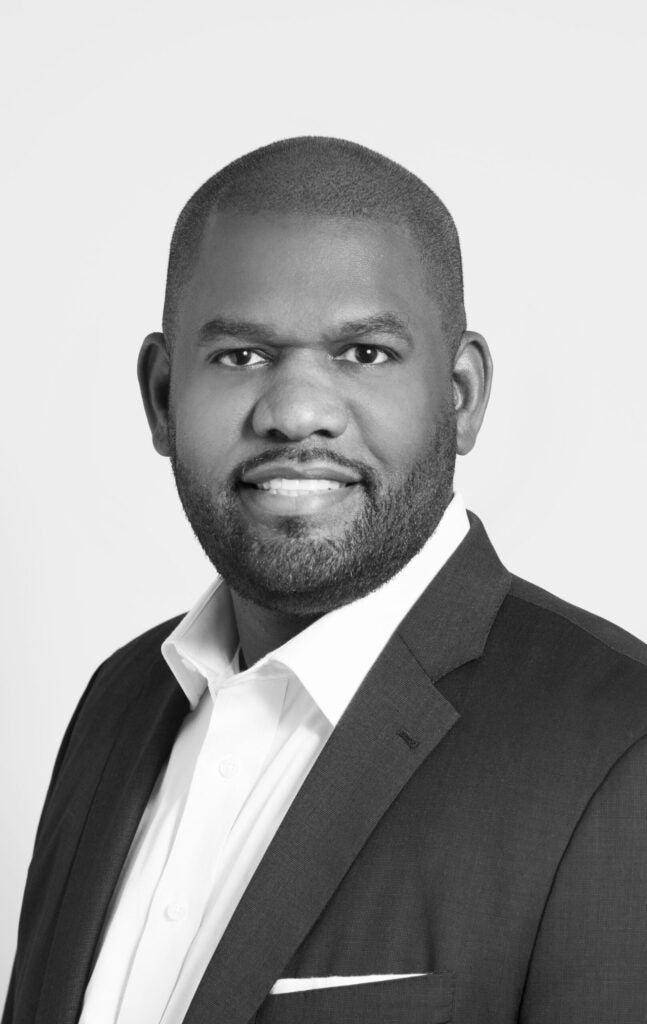Here’s a radical idea: A call center strategy based not on incentives, commissions or quotas, but rather on helping customers get what they need.
That’s a key part of Santa Barbara, CA-based Magellan’s ticket to success. John McManus, president of the travel supply catalog, says the primary quality his telereps have is the one thing you can’t teach: friendliness.
Because of its specialized products – everything from luggage and security wallets to portable air purifiers and Panama hats – representatives who can communicate effectively and build relationships with customers are essential. Toward that end, McManus drives his staff with morale-building – rather than dollar-driven – incentives, all geared to creating a “family atmosphere” that helps retain good people.
The 10-year-old company has close to 60 “travel gear specialists” staffing its in-house call center. McManus – who co-founded the company with his wife Gloria, vice president of Magellan’s – notes the catalog has never outsourced any of its telemarketing operations to cut the risk of undertrained reps giving out incomplete or incorrect information to customers.
“We need to be sure some person with wet hair isn’t standing on a wet tile floor in Switzerland with an adaptor plug that doesn’t fit,” he says.
Magellan’s annual catalog circulation is about 10 million. Four major “reference books” are mailed annually, as well as three or four specialty books catering to interests, such as people who take cruises or women who travel. The housefile has a little over 1 million names, including 200,000 last-12-month buyers. The average order is $85, and about 80% of the orders are by phone.
Thirty-five of the telereps are full-time; additional reps are called in during busy seasons, such as the spring, when people are preparing for summer travel, and the fall, which is becoming a more popular travel option.
Only two reps were hired to staff the phone lines when the first catalog was mailed in October 1989, and they were more than enough to cover the initial staggered drops of 10,000 books.
“We had to find ways to keep them busy between calls,” such as having them help pack shipments, says McManus.
That practice continues today, he says, adding that while attrition is sometimes used to thin the ranks, the catalog has never let telereps go for lack of things to do. Some reps have even been used as catalog models during their down time.
“Large companies can afford to let people come and go more than we can,” he says. “Retention is very important to us” because it takes reps a while to get up to speed on the product lines.
In addition to friendliness, reps are also hired for keyboard skills; related experience – such as time spent in the travel industry – is a plus too. World knowledge is also essential; during the application process reps are given a geography test. Like most things, this isn’t foolproof: McManus notes that one person confidently answered that the Taj Mahal was in Atlantic City. (The wording of the question has since been changed.)
Newly hired telereps receive two weeks of training on the company’s computer system, product lines and shipping procedures. Magellan’s has two full-time training people, one who does the actual training and another who monitors recent “graduates.”
After the initial training, new hires key in orders received by mail to get the hang of the technology. Then trainees call in mail orders to each other to work on their phone skills. If time permits, a trainer will sit side-by-side with the reps as they’re phased in, passing “patient sounding callers” with simple orders to the newbies to get them started.
All reps are monitored on at least a weekly basis, and receive retraining when new products are introduced.
McManus says reps are encouraged to ask callers what country they’re traveling to so they can make appropriate suggestions, either from personal knowledge or from information in a travel database they can access while talking to the customer. A traveler to India, for example, might be interested in additional rain protection, while someone heading to China who isn’t proficient with chopsticks might fancy the traveling fork, knife and spoon combo.
He does concede that encouraging conversations like this can lead to reps becoming too chatty, but that’s okay, as long as they don’t veer off topic and other customers aren’t waiting on queue. Reps are not allowed to give hotel recommendations or sightseeing tips; if a customer asks, they’re gently told something like: “Oh, the area’s changed since I’ve been there. Why don’t you ask your travel agent?”
“Chatting about products helps build relationships,” McManus says. While some customers are “students hitting the road with backpacks,” the typical Magellan’s customer is more likely mature and in the 45 to 65 age range; over 60% are female and more of an “urban” than “adventure” traveler, preferring a nice hotel over roughing it.
But chatting isn’t mandatory. Phone reps are encouraged to follow the customer’s lead: If they sound like they’re in a hurry, get to the point. Take the order and get them off the phone.
Using common sense is also the guideline for telereps when deciding whether to upsell ancillary products such as a membership to the Magellan’s World program. A first-time caller spending $10 wouldn’t be a good prospect, but a frequent purchaser would be ideal because the club offers free shipping.
There is an award offered to the rep who signs up the most new members, but rewards are usually things like a restaurant gift certificate rather than cold hard cash. And interestingly, the reps don’t seem to mind.
“It’s probably because of the type of people we hire, more friendly than dollar-motivated,” says McManus.
Call center morale is boosted by contests such as offering a $100 prize to whoever guesses what will be the most popular new product (and $25 goes to whoever guesses the biggest loser). Pizza is brought in to feed the troops during busy times where they might not be able to sneak out for lunch, and the company is supportive about allowing time off for family and personal needs.
However, the friendly, conversational approach might not work for all catalogers, even if they target a specific niche.
“It comes down to whether you think there’s value in having this information from a customer,” he says. “I can’t see a nuts and bolts catalog asking `So, what are you going to use this screw on?'”
The average call length is three minutes. McManus notes that their catalog requests may take a little longer than normal, as reps ask where the prospect’s planning to travel, so they can help build the relationship even at that early stage.
While there are a minimum number of calls people need to answer, reps aren’t docked if calls go over a certain time limit.
“It’s a fine line,” says McManus, adding he worries that if reps feel rushed to take X number of orders in an hour, not enough time will be spent nurturing relationships.
Magellan’s call center is only open 6 a.m. to 8 p.m. Pacific time Monday through Friday, 8 a.m. to 5 p.m. on Saturdays and 9 a.m. to 3 p.m. on Sundays. While the concept of outsourcing has been tempting at times, customer service concerns have kept everything in-house. After hours, callers can leave a catalog request or even an order on voice mail, or they can leave their number for a call back. Most people just call back during business hours, says McManus, who knows that eventually, the call center will have to expand to 24 hours.
The Internet is another area that will lead to change for Magellan’s. While more and more customers are either ordering directly online or referring to company’s site (www.magellans. com) when they order, the company’s telereps don’t currently have Web access. But that will surely change soon, says McManus.
“It’s on our list,” he says, “and like everything else with the Web, will probably come before we’re ready for it.”
 Network
Network

